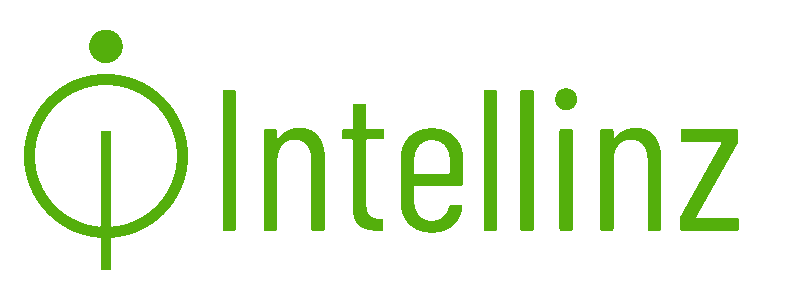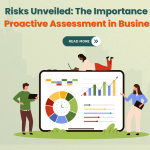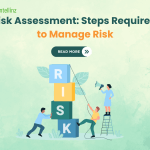Tips to Conduct Effective Adverse Media Screening
Adverse media screening is a critical part of the Know Your Customer (KYC) due diligence process and anti-money laundering policies. It involves conducting reputation checks on a business or person during their onboarding by sifting through negative news. The process can reveal engagement with terrorism, corruption, organized crime, bribery, modern slavery, fraud, financial crime, and cybercrime along with other emerging crimes.
For obvious reasons, you won’t like to work with a person or organization linked to any of the criminal activities listed above. After all, who would want to risk damaging their business reputation? Here are some valuable tips to get adverse media screening right:
Discover Your Risk Tolerance
Different financial institutions have varying degrees of risk tolerance. Before they can conduct effective due diligence and reputation checks on potential customers or clients, take the time to outline clear risk categorization thresholds, and determine the relevant details and actions required for each.
Determine When You Should Begin Screening
When it comes to ongoing news monitoring for adverse media, many financial institutions lack a consistent screening strategy. It’s important to understand that without standardized procedures, you’d typically get discrepant responses from both routine monitoring and checks initiated by a news item or other event.
To avoid this, it’s important to decide which activities and events demand further scrutiny, make adverse media screening part of the standard new customer onboarding procedure, and screening the existing customers who pose high risks.
Strike the Right Balance between Automated and Manual Reviews
No matter how efficient your anti-money laundering team is, it won’t likely be possible to dedicate enough staff to deeply screen all account parties, while also staying current on the latest media activity. Complement your manual adverse media screening with automated processes.
But again, using automated systems that cast too wide a net on news sources or the internet would only fetch massive volumes of irrelevant alerts. Hence, instead of picking a solution that finds every piece of information that exists around the world about your customer, choose one that looks for noteworthy information about your customer base that has already been compiled by a well-known data provider.
Don’t Ignore Social Listening
Social listening refers to the tracking of conversations and mentions of a brand, person, or a topic on social media platforms, and then shaping your decisions related to them accordingly. You should certainly make social listening a crucial part of your adverse media screening strategy.
This was our take on how you can conduct reputation checks for potential customers or clients through effective adverse media screening. Based on the aforementioned guidelines, evaluating business reputation should be easier than screening individuals, simply because finding relevant data about organizations tends to be easier than that for people. Nevertheless, you should opt for ways to measure your social media presence as well as your partners to better protect yourself from negative reputation or benefit from positive ones.






